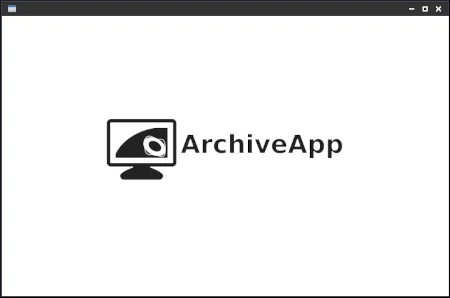Web site: allura.apache.org
Category: Network
Subcategory: Wiki
Platform: Linux, Unix-like
License: Apache 2.0
Interface: Web-interface
Wikipedia: Apache Allura
First release: October 2009
Apache Allura (also known as New Forge and Forge 2.0) – an open source implementation of a software forge, a web site that manages source code repositories, bug reports, discussions, wiki pages, blogs, and more for any number of individual projects.
Apache Allura is a hosting platform that was originally developed as a next-generation engine for SourceForge hosting, and after its implementation at SourceForge was transferred to the Apache Foundation. However, Allura is not tied to SourceForge and can be used to host any site that provides a collaborative application development process. The platform provides developers with tools for managing source text repositories, tracking errors, organizing discussions, maintaining mailing lists, supporting Wiki documentation, publishing news, and collaboratively preparing documentation. The project started in 2009.
Allura-based environments can use Git, SVN, and Mercurial to manage source code. The platform supports the integration of external modules that can be created by enthusiasts for their own needs. Allura’s code is written in Python with a large number of additional Python modules. MongoDB is used as a DBMS, RabbitMQ is used as an engine for organizing message queues, search functions are based on the Apache Solr project.
The system provides excellent scalability and is proven in the operation of infrastructures with hundreds of thousands of projects and millions of users. In addition to the SourceForge resource, in which Allura serves the development of more than 400 thousand projects, the platform is also used to coordinate the development of open projects by government agencies in the European Union, in the DLR Aerospace Center in Germany and in the VehicleForge project created by the US Defense Advanced Research Projects Agency (DARPA).
At the same time, Allura can be used not only to create hosting services, but also to support local environments to coordinate the development of open projects of large companies or independent communities.





